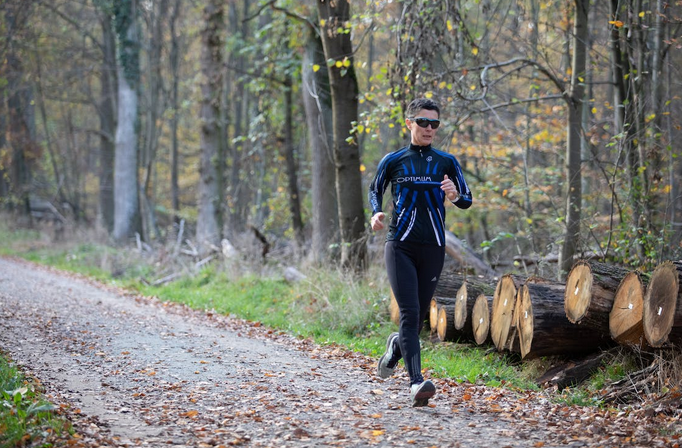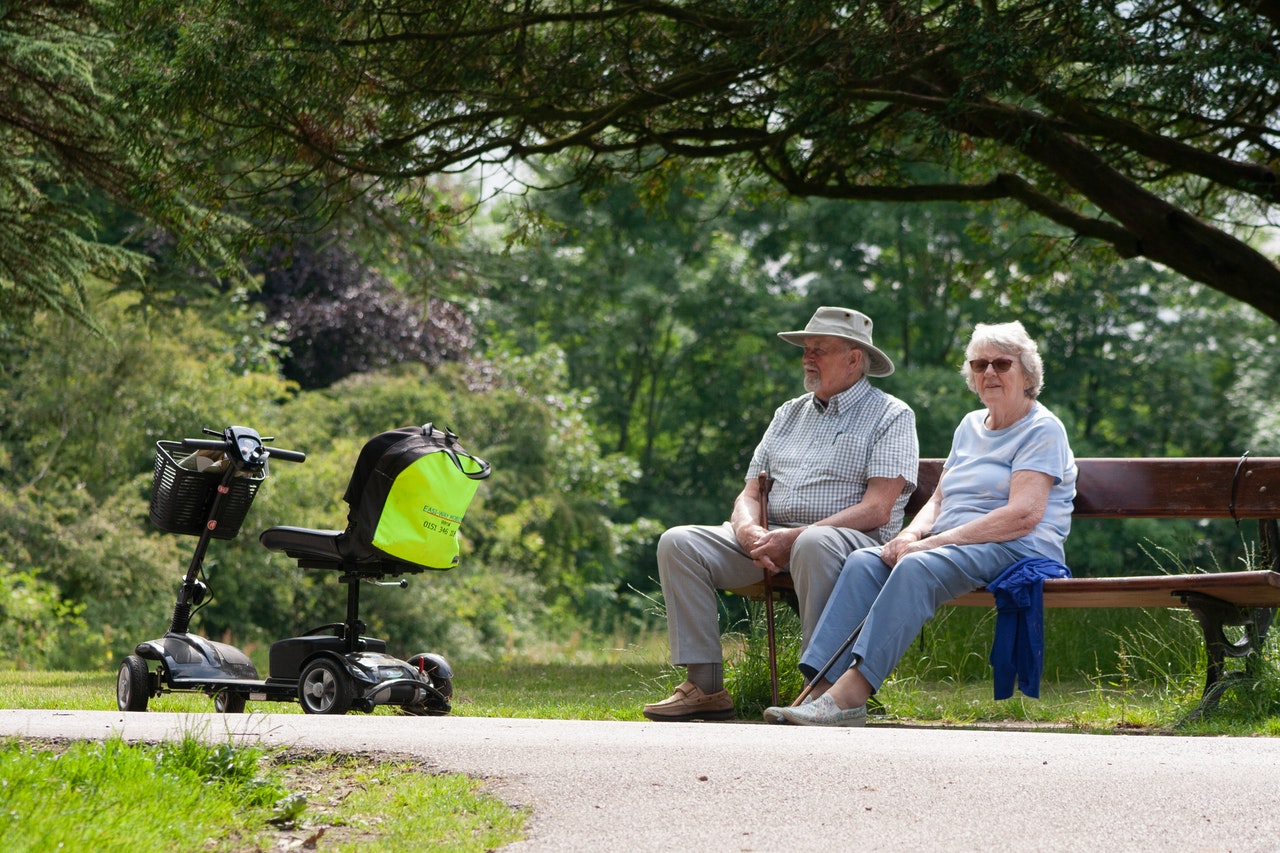The Impact of Childhood Environment on Addiction Risk: Addressing Early Experiences and Preventive Measures

The environment in which a child grows and develops plays a crucial role in shaping their future health and well-being, including their risk of developing addiction later in life. Alcohol & Drug Rehabs: Detox & Addiction Treatment Centers Near Me In Alaska recognize the significance of early experiences and childhood environments in addiction risk assessment and prevention strategies. Alaska, with its unique cultural, geographical, and social landscape, presents both opportunities and challenges in promoting healthy childhood development and mitigating addiction risk factors. In this article, we’ll explore the impact of childhood environment on addiction risk, delve into the significance of early experiences, and discuss preventive measures in a friendly and informative tone.
Early Experiences and Vulnerability
Childhood experiences, both positive and negative, can have a profound impact on brain development, emotional regulation, and behavioral patterns. Adverse childhood experiences (ACEs) such as trauma, neglect, abuse, parental substance use, and household dysfunction can increase vulnerability to addiction by:
- Disrupting Neurodevelopment: ACEs can alter brain structure and function, affecting areas involved in decision-making, impulse control, stress response, and reward processing.
- Shaping Coping Mechanisms: Children exposed to trauma or stress may develop maladaptive coping mechanisms such as substance use as a way to cope with emotional pain, anxiety, or distress.
- Impacting Attachment and Relationships: Early experiences influence attachment styles, interpersonal relationships, and social skills, which can contribute to patterns of seeking validation or belonging through substance use in later life.
Protective Factors and Resilience

While adverse experiences can increase addiction risk, protective factors within …


 Portion control plays a vital role in maintaining a healthy lifestyle, and that’s where meal prep comes into the picture. When we don’t plan our meals ahead of time, it’s easy to fall into the trap of overeating or reaching for unhealthy snacks. However, by taking the time to portion out your meals during meal prep, you can regain control over your food intake. Prepping your meals in advance ensures that each dish is portioned appropriately according to your nutritional needs. This means no more mindless eating or feeling guilty about consuming excessive calories. Instead, you’ll have perfectly sized portions ready whenever hunger strikes.
Portion control plays a vital role in maintaining a healthy lifestyle, and that’s where meal prep comes into the picture. When we don’t plan our meals ahead of time, it’s easy to fall into the trap of overeating or reaching for unhealthy snacks. However, by taking the time to portion out your meals during meal prep, you can regain control over your food intake. Prepping your meals in advance ensures that each dish is portioned appropriately according to your nutritional needs. This means no more mindless eating or feeling guilty about consuming excessive calories. Instead, you’ll have perfectly sized portions ready whenever hunger strikes. When improving your health, making better dietary choices is crucial. One of the most significant benefits of meal prep is that it can help you make these improved dietary choices effortlessly. Planning and preparing your meals in …
When improving your health, making better dietary choices is crucial. One of the most significant benefits of meal prep is that it can help you make these improved dietary choices effortlessly. Planning and preparing your meals in …


 One of the main reasons why seniors should consider using a mobility scooter is to prevent injuries. Falls are a leading cause of injuries among the elderly, and many falls occur when seniors are trying to walk long distances. With a mobility scooter, your elderly loved one can avoid walking long distances and reduce their risk of falling. Studies have shown that mobility scooters can reduce the risk of falling by up to 35%. Seniors who fall are also at a higher risk of suffering from a hip fracture, which can lead to long-term complications.
One of the main reasons why seniors should consider using a mobility scooter is to prevent injuries. Falls are a leading cause of injuries among the elderly, and many falls occur when seniors are trying to walk long distances. With a mobility scooter, your elderly loved one can avoid walking long distances and reduce their risk of falling. Studies have shown that mobility scooters can reduce the risk of falling by up to 35%. Seniors who fall are also at a higher risk of suffering from a hip fracture, which can lead to long-term complications.
 One way of maintaining your health as you age is by staying active. You don’t have to go out and run a marathon, but adding some physical activity into your daily routine can make a big difference. Taking a brisk walk in the morning or evening is a great way to exercise while also enjoying some fresh air.
One way of maintaining your health as you age is by staying active. You don’t have to go out and run a marathon, but adding some physical activity into your daily routine can make a big difference. Taking a brisk walk in the morning or evening is a great way to exercise while also enjoying some fresh air.
 People tend to take supplements for various reasons. Some of them do it because they want to improve their health or support a specific body system. Others take supplements for weight loss, muscle growth, and even testosterone enhancement purposes. The reason you choose your supplement will impact what kind of results you’ll get from using the product.
People tend to take supplements for various reasons. Some of them do it because they want to improve their health or support a specific body system. Others take supplements for weight loss, muscle growth, and even testosterone enhancement purposes. The reason you choose your supplement will impact what kind of results you’ll get from using the product.





 CBD is a cannabinoid that can be extracted from the cannabis plant. The CBD oils are known to relieve some symptoms, although their use is very intriguing. This oil indeed can help to treat some treatment. These products have a compound that is now permitted in several areas. The concentrate is called cannabinoid, and many are more familiar with its famous abbreviation CBD that has been made into different products, including the oil. CBD is considered perfect for applying
CBD is a cannabinoid that can be extracted from the cannabis plant. The CBD oils are known to relieve some symptoms, although their use is very intriguing. This oil indeed can help to treat some treatment. These products have a compound that is now permitted in several areas. The concentrate is called cannabinoid, and many are more familiar with its famous abbreviation CBD that has been made into different products, including the oil. CBD is considered perfect for applying 
 Blueberries arrive with many different nutritional benefits that could cause you to feel calm throughout your struggle being fought within you. The antioxidants in blueberries help combat the free radicals, making you miserable and supplying you relief through your nervous hours. However, blueberries aid within their regulation and stop them from becoming boosted. The continuous fruit delivery to your gut makes it possible to suppress your nervousness, and their nutrient values protect your immune and neurological system. Anxiety, fear, and depression have influenced a high number …
Blueberries arrive with many different nutritional benefits that could cause you to feel calm throughout your struggle being fought within you. The antioxidants in blueberries help combat the free radicals, making you miserable and supplying you relief through your nervous hours. However, blueberries aid within their regulation and stop them from becoming boosted. The continuous fruit delivery to your gut makes it possible to suppress your nervousness, and their nutrient values protect your immune and neurological system. Anxiety, fear, and depression have influenced a high number …
 The most significant origin of the current global warming trend is the human development of the greenhouse effect. This warming occurs when pollutants in the atmosphere are heated from Earth to space. Even a small increase in global warming extreme temperature could lead to consequences such as rising sea levels, population displacement, food supply disruption, flooding, and deteriorating well-being. Indeed, human health is the main burden of the impacts of climate change.
The most significant origin of the current global warming trend is the human development of the greenhouse effect. This warming occurs when pollutants in the atmosphere are heated from Earth to space. Even a small increase in global warming extreme temperature could lead to consequences such as rising sea levels, population displacement, food supply disruption, flooding, and deteriorating well-being. Indeed, human health is the main burden of the impacts of climate change. The consequences …
The consequences …
 A fantastic night of sleep every day is sufficient for
A fantastic night of sleep every day is sufficient for  Appreciating a few laughs with friends and loved ones not only permits you to be joyful but also healthful. Spending time with nearest and dearest and friends not only gives you a balanced lifestyle but also teeming with joy. And by having lighthearted and fun moments daily today, you are prepared to impact tough challenges since you …
Appreciating a few laughs with friends and loved ones not only permits you to be joyful but also healthful. Spending time with nearest and dearest and friends not only gives you a balanced lifestyle but also teeming with joy. And by having lighthearted and fun moments daily today, you are prepared to impact tough challenges since you …
 Be as it may,
Be as it may,  Hunger is the way your body responds to not eating for two to 3 hours. These want episodes become tempting, leading to unhealthy food alternatives and overeating. Snacking should permit you to get over …
Hunger is the way your body responds to not eating for two to 3 hours. These want episodes become tempting, leading to unhealthy food alternatives and overeating. Snacking should permit you to get over …
 This
This  Considering that the game requires you to utilize a paddle and your own eyes, this empowers a decent connection between both parts of the body. It’s quite beneficial to older men and women, with great …
Considering that the game requires you to utilize a paddle and your own eyes, this empowers a decent connection between both parts of the body. It’s quite beneficial to older men and women, with great …

 The principal characteristic of health education in Russia for the Faculties of therapeutic
The principal characteristic of health education in Russia for the Faculties of therapeutic 








 A meal …
A meal …
